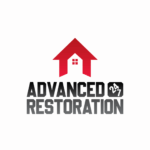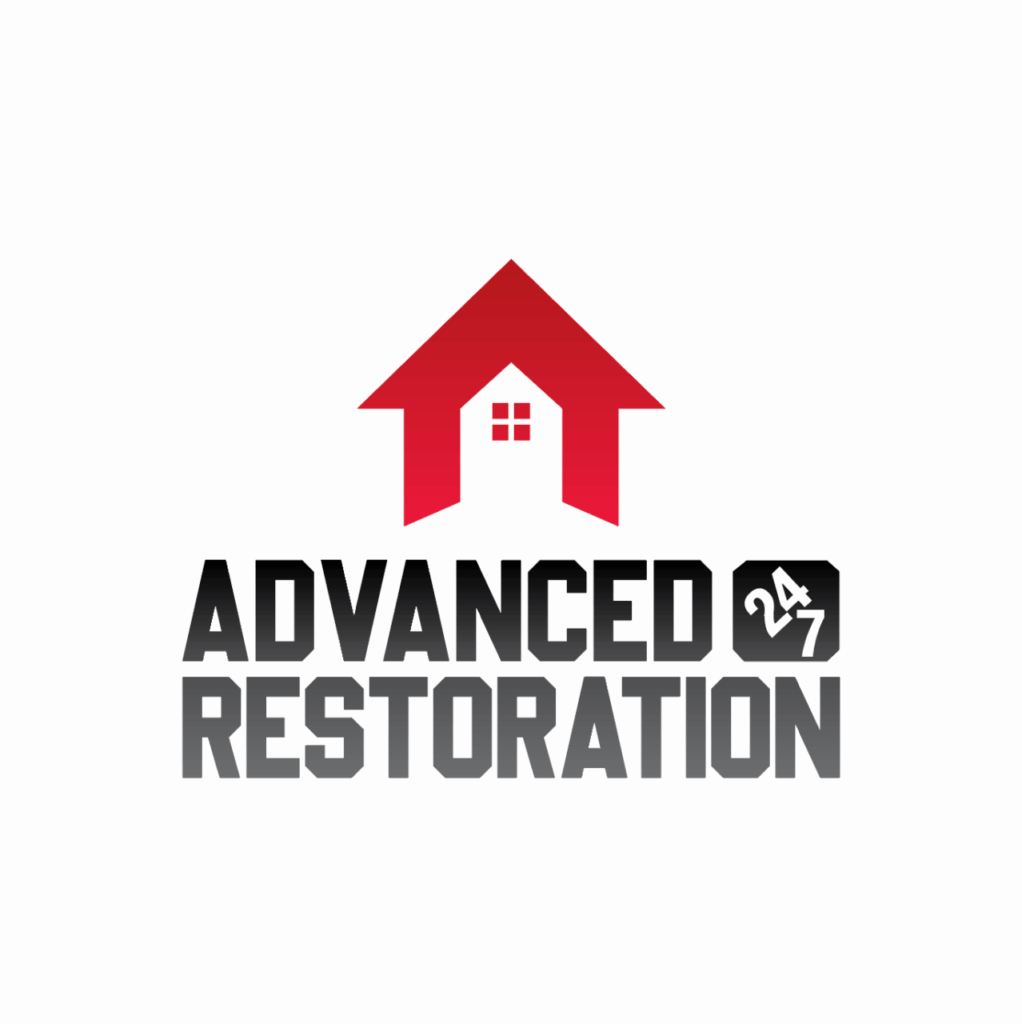Imagine a scene where the noxious odor of sewage fills the air, and you are tasked with cleaning it up. As you don your protective gear and prepare to tackle this hazardous task, you might wonder: What health precautions are necessary to ensure your safety?
In this discussion, we will explore the essential measures you need to take to shield yourself from potential dangers and prevent the spread of harmful pathogens.
So, let’s dive into this important topic and discover the crucial steps to safeguard your well-being during sewage cleanup.
Personal Protective Equipment (PPE)
To ensure your safety during sewage cleanup, it’s essential to wear the appropriate Personal Protective Equipment (PPE). PPE selection plays a vital role in safeguarding your health and minimizing the risk of exposure to harmful substances.
When choosing your PPE, consider the specific tasks involved in the cleanup process. Gloves, for instance, should be chemical-resistant and provide a snug fit to prevent any liquids or solids from coming into contact with your skin. Similarly, goggles or a face shield are crucial to shield your eyes and face from splashes or airborne particles. A respirator, specifically an N95 mask, is necessary to filter out hazardous fumes and particles that may be present in the air.
Once you have selected the appropriate PPE, it’s equally important to maintain it properly. Regular cleaning and inspection of your PPE will ensure its effectiveness and longevity. After each use, thoroughly wash gloves with soap and water and let them air dry. Goggles and face shields should be cleaned with a mild detergent and disinfected using a suitable solution. Inspect your PPE for any signs of wear or damage, such as tears or cracks, and replace them immediately.
Hand Hygiene
Maintaining proper hand hygiene is crucial during sewage cleanup to prevent the spread of harmful bacteria and viruses. Proper handwashing is essential in keeping yourself and others safe from contamination. When dealing with sewage, it’s important to understand that it contains various pathogens that can cause serious illnesses. To protect yourself and minimize the risk of spreading these pathogens, follow these steps for proper handwashing.
First, wet your hands with clean, running water. Make sure the water is at a comfortable temperature. Then, apply soap and lather your hands thoroughly. Be sure to cover all surfaces, including the backs of your hands, between your fingers, and under your nails. Scrub your hands for at least 20 seconds. You can sing a favorite song or count to 20 to ensure you wash your hands for the recommended time.
After scrubbing, rinse your hands well under running water to remove all soap. Then, dry your hands with a clean towel or air dry them. Avoid using dirty towels or clothes that may be contaminated with sewage.
Proper handwashing is particularly important after using the bathroom, before and after eating, and after handling any sewage-contaminated materials.
Respiratory Protection
Protect yourself from airborne contaminants by using proper respiratory protection during sewage cleanup. Sewage contains harmful bacteria, viruses, and other pathogens that can be easily inhaled and cause respiratory infections. To ensure your safety, follow these guidelines:
- Wear respiratory masks: Choose masks specifically designed to protect against biological hazards. These masks, such as N95 or N99 respirators, provide a high level of filtration and prevent inhaling small particles. Make sure the mask fits snugly over your nose and mouth to create a seal.
- Use ventilation systems: When dealing with sewage, it’s crucial to have proper ventilation in the affected area. Open windows and use fans to circulate the air. This helps to remove any lingering contaminants and improves air quality.
- Avoid touching your face: Even with respiratory masks, it’s important to avoid touching your face while working with sewage. This prevents any potential transfer of pathogens from your hands to your respiratory system.
- Dispose of used masks properly: After the sewage cleanup, carefully remove and dispose of the used respiratory masks. Seal them in a plastic bag and put them in a designated hazardous waste container to prevent cross-contamination.
Vaccination Status
When considering your safety during sewage cleanup, it is important to know your vaccination status. Vaccinations play a crucial role in preventing the spread of diseases and protecting your health. Before engaging in any cleanup activities, it is essential to ensure that your immunization records are up to date. This will not only safeguard your well-being but also contribute to the overall safety of the community.
To help you understand the importance of vaccination requirements, here is a table that outlines some common vaccines and their recommended schedules:
| Vaccine | Recommended Schedule |
|---|---|
| Tetanus | Every 10 years |
| Hepatitis A | Two doses, 6-18 months apart |
| Hepatitis B | Three doses: 0, 1-2, and 6 months |
| Influenza (Flu) | Yearly, before flu season |
| Measles, Mumps, Rubella | Two doses, usually given at 12-15 months and 4-6 years |
| Varicella (Chickenpox) | Two doses, 12-15 months and 4-6 years |
| Human Papillomavirus (HPV) | Two or three doses, depending on age and vaccine brand |
Safe Disposal Measures
To ensure proper and safe sewage disposal during cleanup, it’s important to follow specific guidelines and protocols. Here are some key measures to consider:
- Separate waste: Make sure to separate sewage waste from other types of waste to prevent contamination. This will help minimize the risk of spreading harmful pathogens and pollutants.
- Proper packaging: Use sturdy and leak-proof containers to store the waste. Sealing the containers tightly is crucial to prevent any leakage during transportation or disposal. This will help protect both the environment and individuals involved in waste management.
- Appropriate disposal: Dispose of the waste in designated areas or facilities equipped to handle sewage waste. These facilities are designed to prevent environmental contamination and ensure safe waste management practices.
- Follow local regulations: Familiarize yourself with the waste management regulations and guidelines in your area. Different regions may have specific requirements for sewage disposal, so it’s important to comply with these regulations to promote environmental safety and prevent any legal issues.
Final Thoughts
Safeguarding oneself during sewage cleanup demands adherence to vital precautions. Proper Personal Protective Equipment (PPE) selection and maintenance, meticulous hand hygiene, respiratory protection, and awareness of vaccination status all contribute to minimizing health risks. Additionally, safe disposal practices, including waste separation, proper packaging, and adherence to local regulations, are imperative for environmental and community safety. By prioritizing these measures, individuals can ensure their well-being while effectively managing sewage cleanup tasks, thus safeguarding both personal health and environmental integrity.
Advanced 24/7 Restoration’s mission is to provide unparalleled care and support to our valued clients. Delivering the best solutions for your property restoration needs. Our vision is to be the top-rated damage restoration company in Denver, known for our exceptional services, professionalism, and dedication to customer satisfaction. Water damage, fire damage, flood damage, and more.
- This author does not have any more posts


